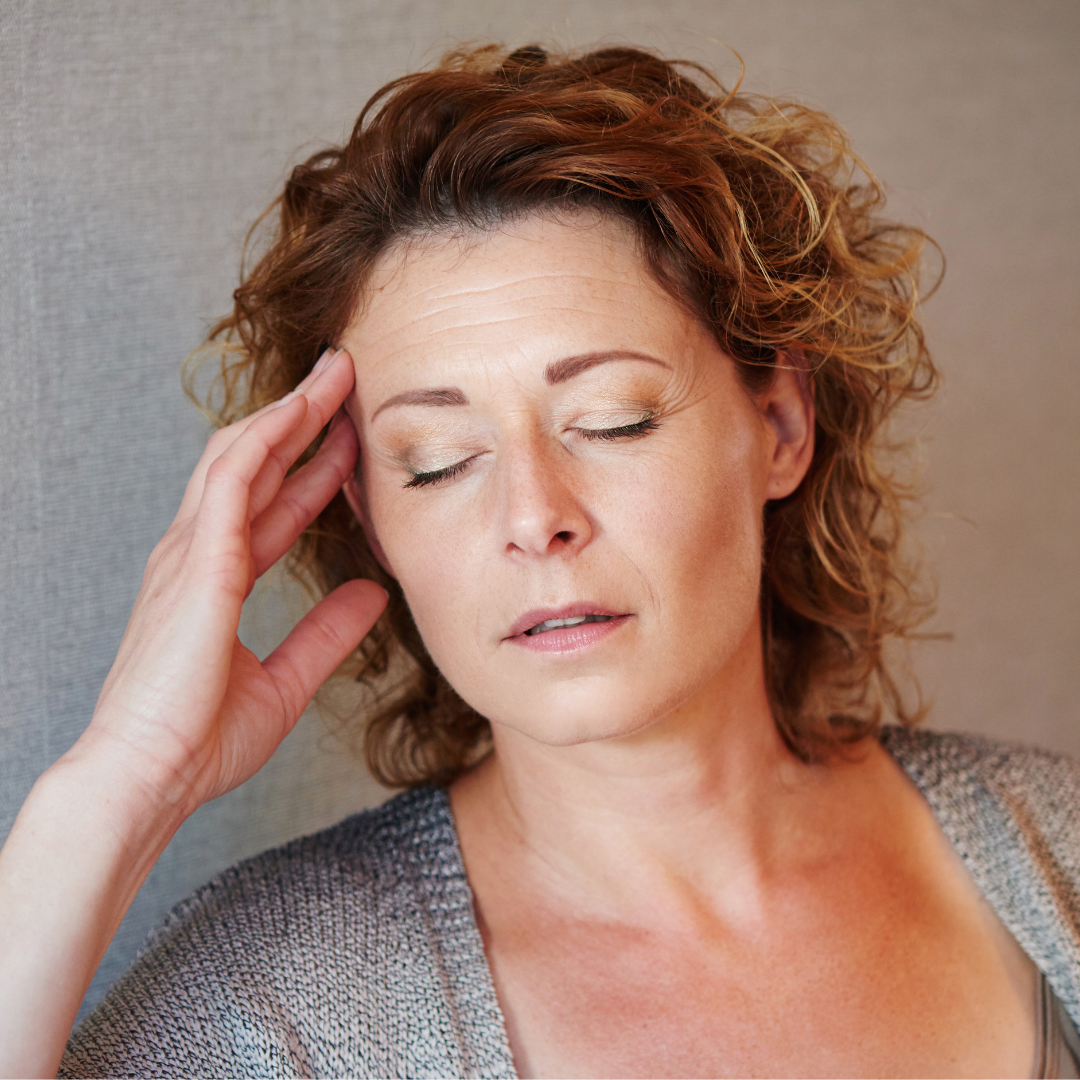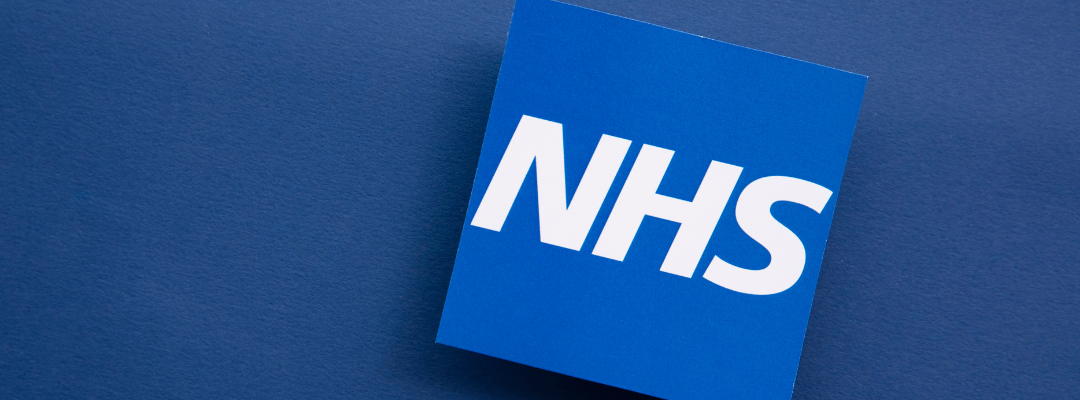
Can Diet Help Manage Menopause?
With one third of the UK female population currently estimated to be perimenopausal or menopausal, understanding how diet and lifestyle help manage menopause symptoms is important. A survey carried out in early 2023 found that 29% of women who experienced menopause symptoms tried herbal remedies to ease them, and 30% tried vitamins. But is there any evidence that supplements or special diets really help?
This is the question we tried to answer in a review published in February 2023. The review looked at the role of dietary patterns and supplements (including vitamins, fatty acids, herbs and botanicals) in the management of common menopausal symptoms such as hot flushes and night sweats, changes to bodyweight and shape, depression, anxiety, cognitive changes, brain fog, and sleep disturbances.
The review found that healthier dietary patterns (such as Mediterranean style diets) may help reduce the frequency and severity of vasomotor symptoms, such as hot flushes, as well as help to manage body weight or body shape changes that can be part of a woman’s menopause journey.

Importantly though, it also highlighted where evidence doesn’t stack up. There is only limited evidence that dietary patterns or taking supplements, such as B vitamins, help alleviate psychological symptoms during menopause, including depression, anxiety and cognitive changes. Some studies show that herbal or botanical supplements such as black cohosh and St John's Wort might help alleviate symptoms such as hot flushes. However, there are concerns about the various preparations available, not least their safety and potential interactions with other medicines, so it’s worthwhile talking to a healthcare professional if you are considering these.
Soybeans and soy foods have attracted a great deal of interest for their potential in managing hot flushes and night sweats. However, study results are mixed. Although there’s some evidence they may relieve such symptoms, it’s unclear whether soy compounds from diet and supplements have the same effects.

There are also some foods that can trigger or worsen symptoms. To help manage hot flushes, it may help to limit intake of caffeinated drinks such as coffee and tea, or choose decaffeinated versions and herbal infusions instead. It’s also advisable to avoid caffeinated drinks close to bedtime as this may also contribute to a poor night’s sleep.
It’s also particularly important through menopause to be aware of alcohol intake. Alcohol is known to trigger menopause symptoms such as hot flushes, night sweats and headaches. However, high alcohol intake also increases risk associated with osteoporosis (a health condition that weakens bones, making them fragile and more likely to break), and cardiovascular disease (heart disease and stroke). Menopause notwithstanding, adults of all ages are advised to consume no more than 14 units of alcohol per week, with several alcohol-free days each week.

So, what should women experiencing hot flushes, changes in body weight and low mood be eating? Evidence suggests that a diet rich in fruit and vegetables, wholegrains, beans and other pulses, and that has a higher proportion of healthier fats from foods such as oily fish, nuts and seeds, is the way to go. However, this isn’t a new diet. It’s actually the sort of dietary pattern already recommended in the Eatwell Guide, the UK’s healthy eating model. The good news is that this type of diet can also reduce the risk of other key health issues that relate to menopause - cardiovascular disease and osteoporosis.

So, if you are considering vitamin supplements or herbal products to help manage symptoms of menopause, it might be worth investing in diet first.
This blog was written by Bridget Benelam, Nutrition Communications Manager at the British Nutrition Foundation. Read the survey here.
www.harleystathome.com | Instagram @harleystreetathomemenopause
Facebook: Search Harley Street at Home: Diagnosis, Symptoms & Treatments or Harley St at Home: Lifestyle, Self-Care and Lifestyle to join our private community



